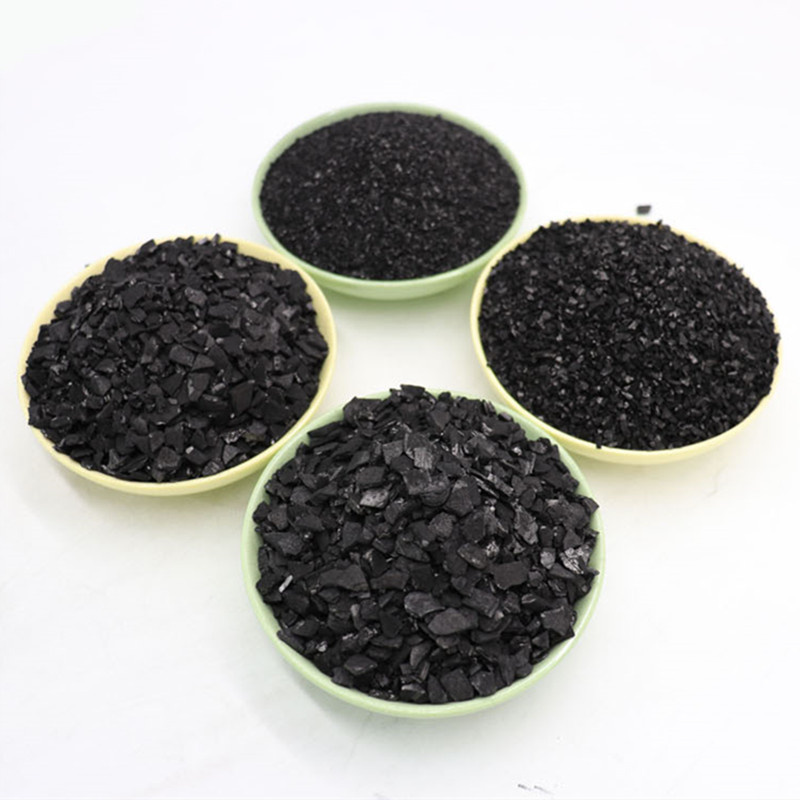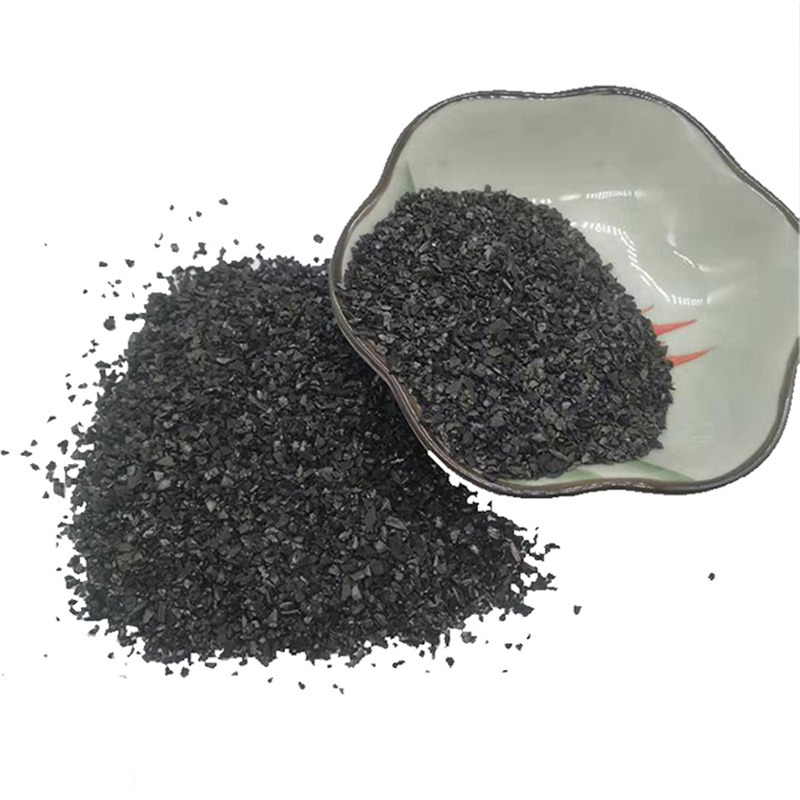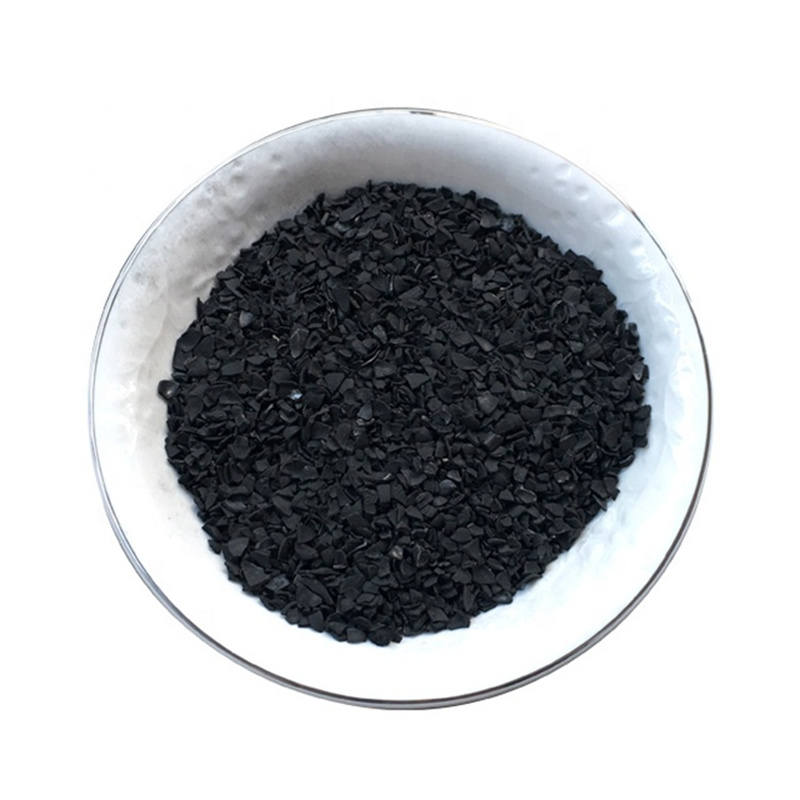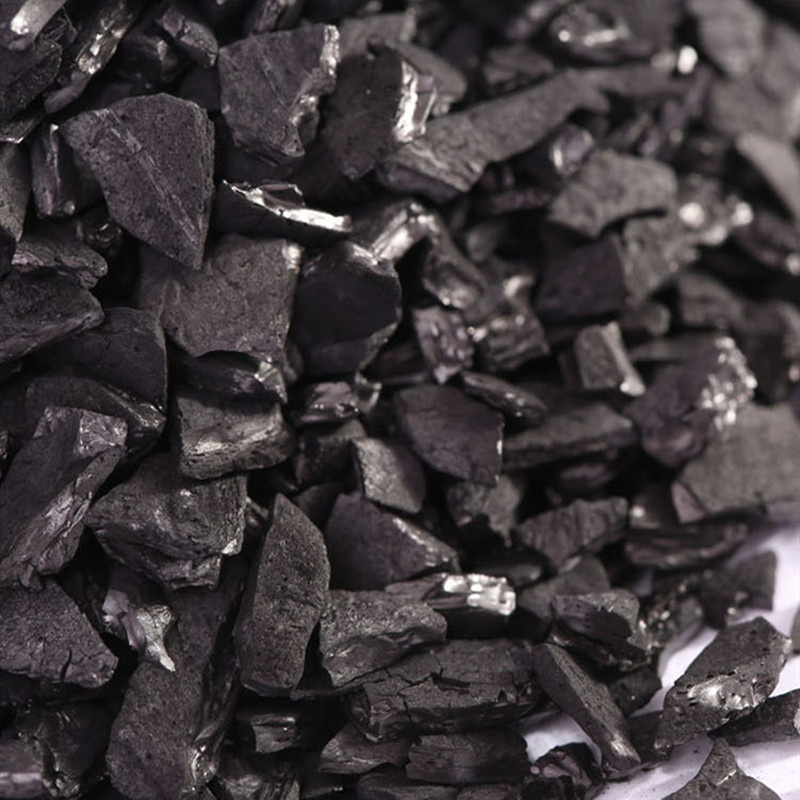Product Description
Activated carbon is black powder or block, granular, honeycomb amorphous carbon, as well as regular crystalline carbon. In addition to carbon, activated carbon also contains two types of admixtures: one is chemically combined elements, mainly oxygen and hydrogen, these elements remain in the carbon due to incomplete carbonization, or in the activation process, foreign Non-carbon elements are chemically combined with the surface of activated carbon; another type of admixture is ash, which is the inorganic part of activated carbon, and ash is easy to cause secondary pollution in activated carbon. Activated carbon is widely used in production and life due to its strong adsorption.
The coconut shell activated carbon produced by our company is made of high-quality coconut shell imported from the Philippines, Indonesia and other countries as raw materials. This product is black granules with developed pore structure, high adsorption capacity, high strength, stable chemical properties, fast decolorization and deodorization, and long service life. Coconut shell activated carbon Coconut shell activated carbon is made of high-quality coconut shell, which is durable. At present, coconut shell activated carbon is widely used in the purification, dechlorination, algae removal, oxygen absorption and catalytic carrier of drinking water. Water purification equipment such as water heaters and filter core fillers; it can be used for carbon slurry method, heap leaching method and gold extraction, as well as separation and extraction of precious metals in metallurgical industry, and can also be used for water purification. Coconut shell charcoal is a new type of activated carbon made of coconut shell as raw material, activated by high temperature, carbonized, and loaded with photocatalyst and carbon fiber. Its adsorption capacity for organic gases is 5 times higher than that of ordinary activated carbon, and the adsorption rate is faster. Coconut carbon has a developed specific surface area and abundant micropores. The specific surface area can reach 1000-1600m2/g, the micropore volume is about 90%, and the micropore diameter is 10A-40A. It has the advantages of large specific surface area, moderate pore size, uniform distribution, fast adsorption speed and less impurities.




